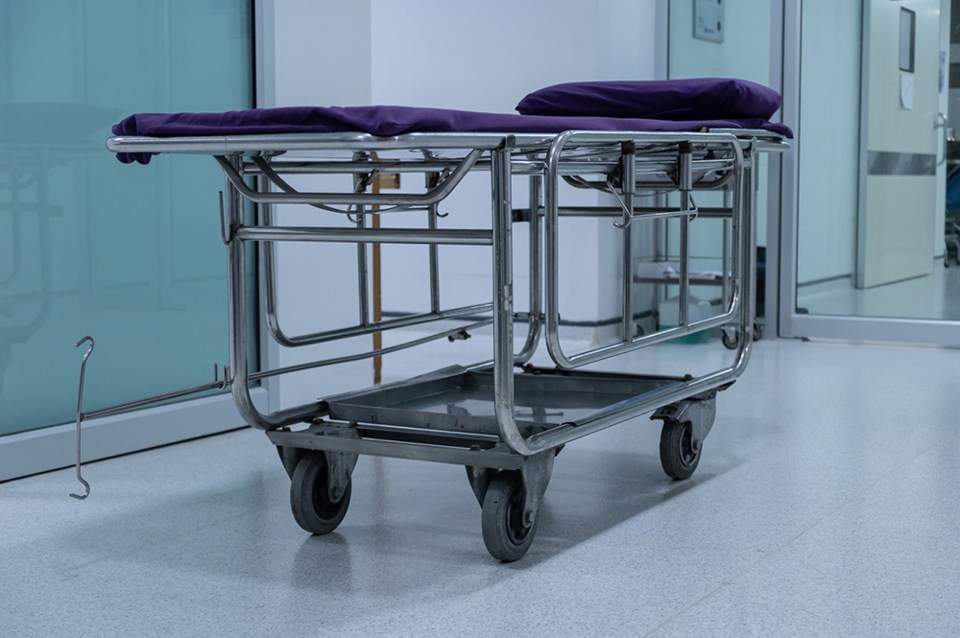REGINA — The Government of Saskatchewan has released an Action Plan for Mental Health and Addictions that will create 500 new addictions treatment spaces and a central intake system that makes care more accessible and responsive, according to a Ministry of Health press release.
Funding to support will total $49.4 million when fully implemented in the fifth year of the plan.
The plan has three pillars of focus: building capacity for treatment, improving the system itself, and transitioning to a recovery-oriented system of care for addictions treatment, the ministry explains.
Work will begin immediately on implementing a central intake system that patients can contact directly to refer themselves for mental health and addictions services. A central intake will make the system more accessible to patients and enable care providers to better co-ordinate care for patients across the system and throughout patients' care and recovery journey.
The addition of 500 spaces over the next five years will more than double the number of addictions treatment spaces that Saskatchewan funds in communities across the province, including detox and pre-treatment, inpatient and outpatient treatment, post-treatment and supportive living spaces, the ministry states.
The ministry says transitioning to a Recovery-Oriented System of Care will make sure that the focus of the addictions treatment system is on getting people the treatment that they need. The Recovery-Oriented System of Care (ROSC) model takes a holistic, flexible and individualized approach to treatment. It recognizes the traditional 28-day model is insufficient for treating highly addictive drugs such as opioids and methamphetamine, which often require longer treatment in order to succeed. The ROSC model focuses on building people back up from an overall perspective, fostering a sense of ownership over the recovery journey and promoting overall well-being to create the foundation and winning conditions needed to support lasting recovery for patients.
The ministry says, recognizing a cross-government approach is required to address mental health, addictions, and related issues, the new Action Plan includes collaborative initiatives between the ministries of Health, Social Services, Education and Corrections, Policing and Public Safety, with work beginning immediately on the following initiatives:
- in collaboration with the Ministry of Education, further expanding the Mental Health Capacity Building in Schools initiative to five more school divisions in time for the next school year, with more to come in future years;
- in collaboration with the Ministry of Social Services, providing wrap-around mental health and addiction supports for residents of the new supportive housing units announced today as part of the Provincial Approach to Homelessness; and
- creating a Provincial Opioid Agonist Therapy (OAT) program to make addictions medicines more accessible across the province, including for patients in correctional institutions and after their release, in collaboration with the Ministry of Corrections, Policing and Public Safety.
Bookmark SASKTODAY.ca, Saskatchewan's home page, at this link.




